Our lives are being transformed with the worldwide explosion of rapidly advancing social technologies. Today, many businesses are rapidly evolving and increasingly becoming social businesses. What we are discovering, though not surprising, is that social technologies are empowering consumers. Yet, there is a talent gap growing between the skills of new marketing and advertising jobs required and the people able to fill them.
This gap is driven by the “enormous amount of user data that ad tech companies are collecting for agencies and marketers”, according to the Tanzina Vega, author of the New York Times, “Advertising Companies Fret Over a Digital Talent Gap”. Vega said, “…those who have the skills are in high demand, often fetching salaries that can reach $100,000.” The demand for talent is far surpassing the supply. On average it takes two to three months to find the right person with the right skills.
“Colleges and universities are not teaching the skills they need to survive in this environment,” said Dough Weaver, the founder and chief executive of the Upstream Group.” Many colleges and universities offer traditional marketing and advertising courses, but for companies to be successful in today’s environment, they need to hire graduates with a combination of both traditional and digital skills.
A recent article by Greg Jarboe, (@gregjarboe ) President & co-founder of SEO-PR, author of YouTube and Video Marketing: An Hour a Day, highlights Weaver’s article and states that Rutgers Center for Management Development (CMD) is committed to bridging this gap by offering a Mini-MBA: Digital Marketing Program.
Rutgers is not only addressing this urgent need, but they are doing it first class and with state-of-the-art technology. Each participant in the Mini-MBA: Digital Marketing Program (began in 2010) is provided with an Apple iPad, pre-configured with all the required reading materials, cases, articles, chapters and videos. In a video interview entitled, “New Digital Marketing Course at Rutgers University, “Goodbye Chalkboard and Hello iPad”, Eric Greenberg, Director – Marketing Programs for Rutgers CDM, explained that participants were provided an iPad because if they’re going to be professionals in digital marketing it is important to understand the latest technologies and “how people consume information”.
In February, 2011 Rutgers CMB expanded their Mini-MBA to an Online Mini-MBA: Social Media Marketing Program.
US Tablet Growth – eMarketer
According to eMarketer, the number of “US tablet users will reach 89.5 million in 2014, up from 33.7 million in 2011. Tablet users will make up 35.6% of Internet users in 2014, up from 14.5% this year.”
The paradigm shift in marketing and advertising has recalibrated businesses. There are positive results for educational institutions that embrace these challenges and deliver superior education for students ready to embark in a highly competitive, complex world.
Awards for Business Schools –Twitter Excellence
To encourage excellence in business education B2B Twitterer of the Year (@B2BTOTY) Award, now in its third year, recognizes business schools, individuals and organizations for outstanding contributions in practicing, promoting, and/or enhancing business using Twitter.
With this commitment in excellence for superior performance in Twitter the B2BTOTY awards has a special category for “Business Schools”.
The Oscar of B2BTOTY Awards – Needs your vote today. The deadline for submissions is Friday, December 16, 2011 at midnight ET.
The winners will be selected by a committee of judges with professional experience.


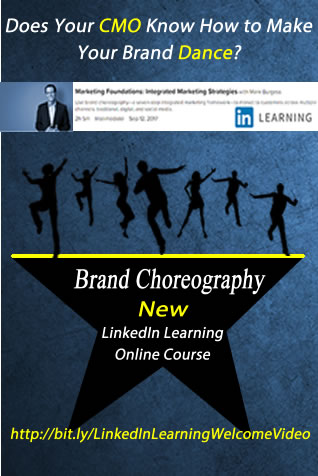
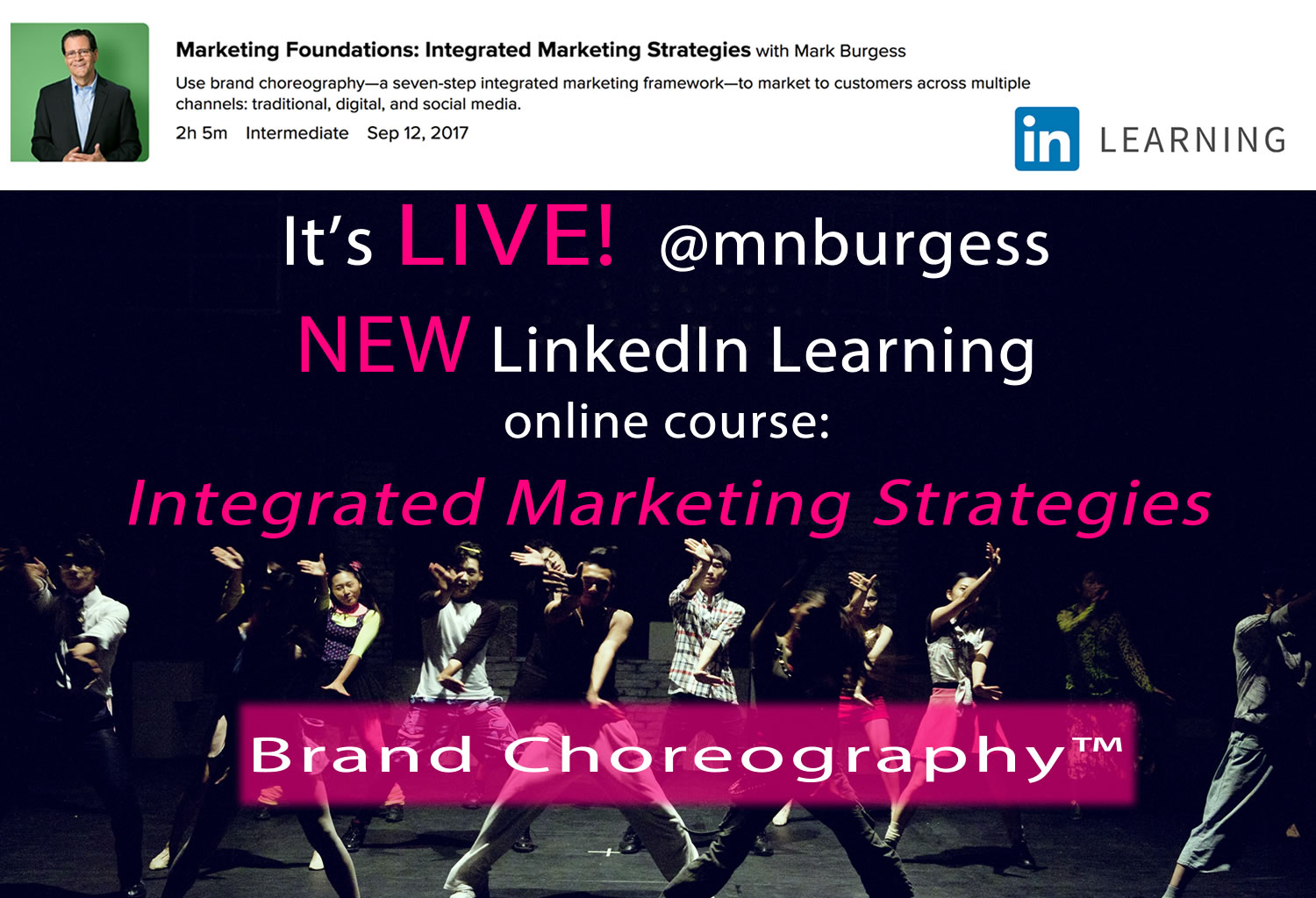
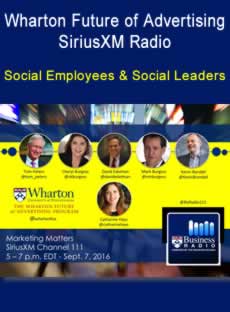

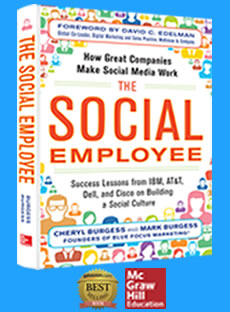
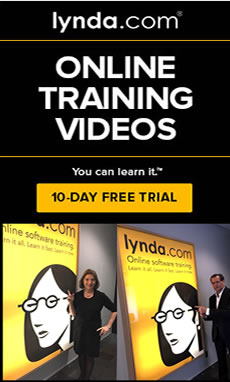

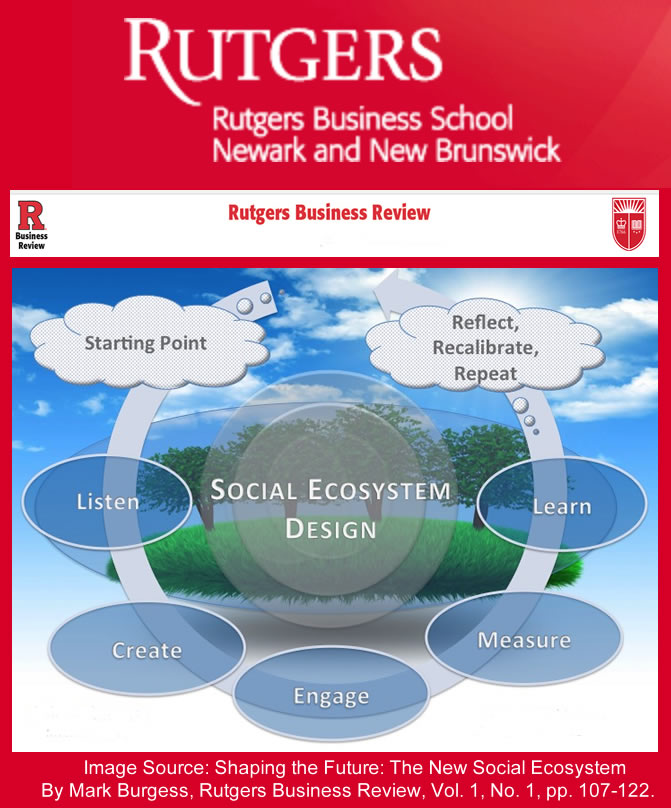
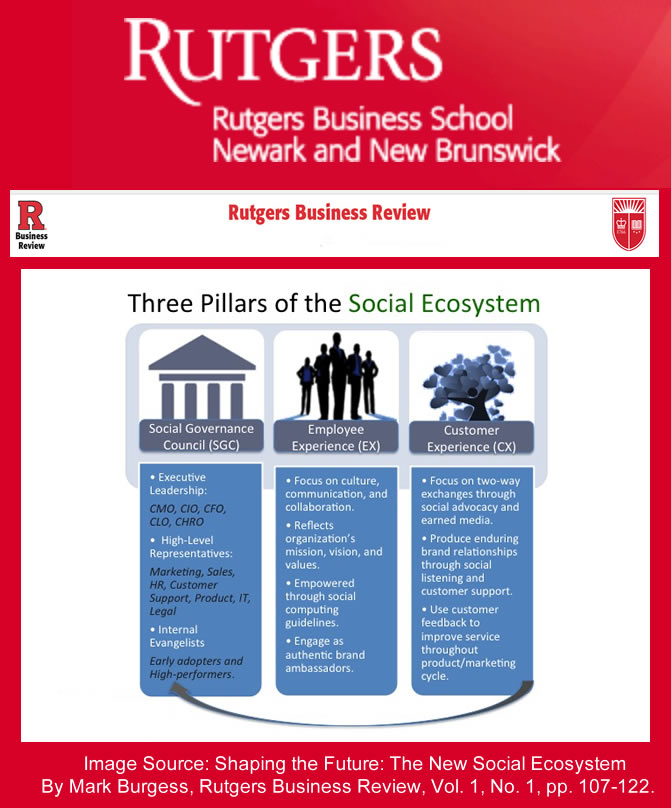

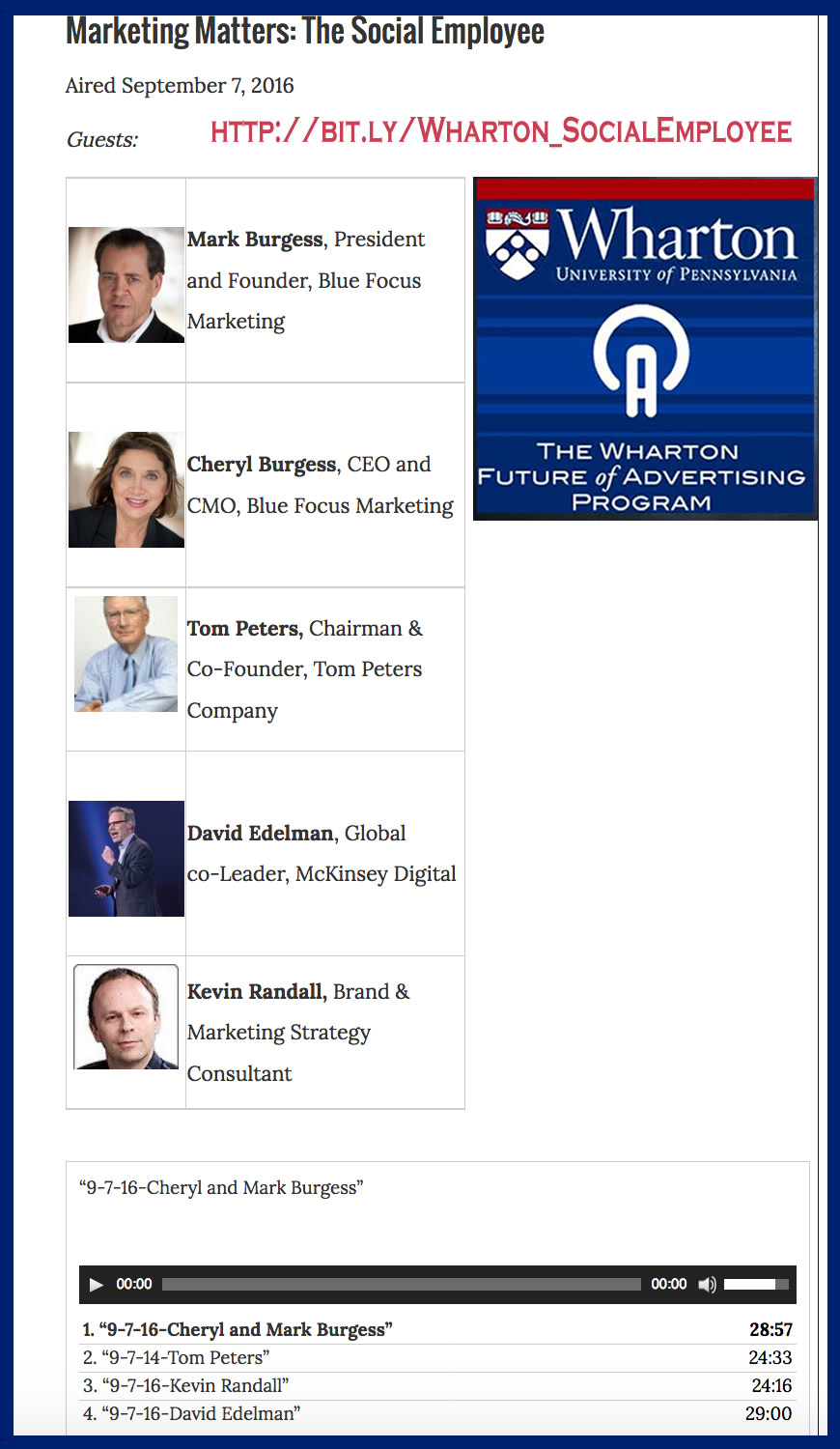


Computers and tablets are only assistants and a good teacher’s will always be needed.
However social networks such as facebook and YouTube as well as great resources including Wikipedia and Wolfram-Alpha are here to stay so that educators must use them in the teaching process. Many academics are posting great educational videos and materials online. The only problem is to sort the good ones from the rest and present them in an organized manner.
This effort is being done by: http://Utubersity.com which presents the best educational videos available on YouTube in an organized, easy to find way to watch and learn.
They are classified and tagged in a way that enables people to find these materials more easily and efficiently and not waste time browsing through pages of irrelevant search results.
The website also enhances the experience using other means such as recommending related videos, Wikipedia content and so on. There’s also a Spanish version called http://utubersidad.com
This is a project that YouTube should embrace itself, with curated content from academics and maybe using a different URL (Youtubersity?) so it won’t be blocked by schools.
Cheryl, very accurate piece. Our higher education system is definitely lagging behind the high tech industry. I applaud what Rutgers is doing – especially concerning the adoption of the their on-line program.
Higher education is rooted in tradition, and first and foremost is their tradition of the teacher tenure system. Once in … never out. This dynamic does not bode well for young, technically adept talent in the teaching ranks.
Also, high tech programs need to be opened up to more students – students that may not be able to afford a program like Rutgers. This is where the future talent is going to come from. The way to do this exponentially increase the amount of online education.
But to do this, fundamental structural changes need to be made. First, the stigma of learning online needs to overcome (and then some).
And speaking of community colleges, there’s no reason they can’t be included in the mix. A freshman online class taken at a community college can often be superior to a in-person class taken at a large university – at a fraction of the cost. They can be (and already have been) more prone to adapt than “old world” universities. Again the sigma hurdle needs to be overcome … by both the employers and the parents of the students involved.
Those creating and leading our online and social media world are moving at warp speed. It won’t be easy to find and train the foot soldiers needed to fully take advantage of this phenomena. The creativity it took to create it – will be needed to fulfill its promise.
Hi Clay!
Thanks for your great comments! I agree Rutgers has a powerful concept.
Online education can help bridge the knowledge gap . I believe the value of an online degree will increase as more people who obtain one enter the work force, e.g., many will be part of the hiring process. But this change will be more evolutionary than revolutionary.
Very kind of you to add to this conversation!
Cheryl